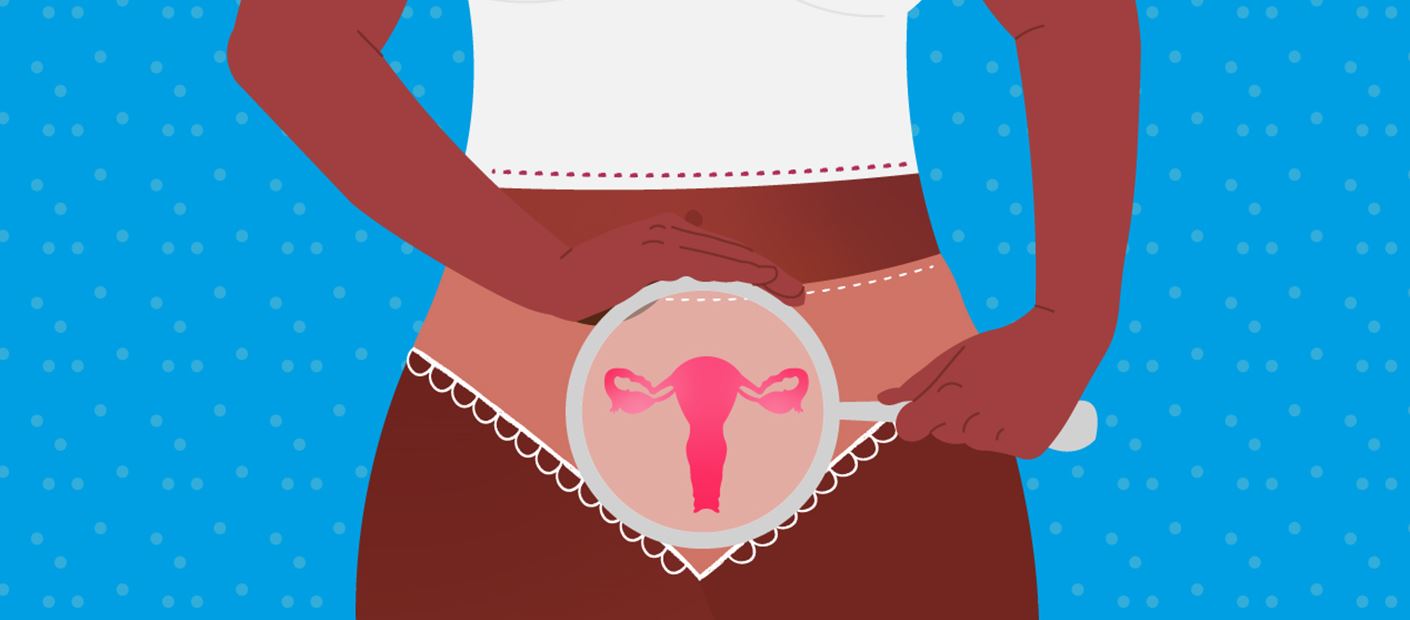
In the realm of sexuality, sex and pleasure, the conversation is usually dominated by the heteronormative view of what exactly sex and pleasure is.
Most often than not, when the conversation diverges to LGBTQ+, non-abled bodied persons, and other marginalized groups, the focus on sex is not on sex or pleasure itself but it becomes hinged on the “fascination” of having to have sex as LGBTQ+ or non-able bodied. What we are trying to convey in this blog today is that the idea of sex and pleasure is universal and it is not a language that is esoteric to heterosexuals or able-bodied persons.
Disability and sexuality
With more than 15% of the world’s population affected by disability[1], the conversation surrounding sex, safe sex, and sexual reproductive health and rights should always positively include the experiences of a non-abled bodied person. The conversation should not condescend, infantilize or make non-able-bodied persons to those who are unable to enjoy the pleasures of sex or understand it.
Especially for women, disability could mean being denied an active sex-life, partnership, and motherhood. However, the conversation around SRHR keeps being focused on heterosexual and able-bodied men and women with little to no mention of sexual agency, sexual pleasures, and a non-heteronormative view of sex.
Consent
The first step to any sexual act should be consent. An affirmative yes without any coercion, substance abuse, or force before a sexual act commence is what you normally refer to as consent.
If you have to guilt trip someone into a sexual act, that is not consent either. Remember, a “no” is a “no”.
Communication
You and your partner(s) should talk to each other about STIs/HIV testing and other communicable diseases that can be passed during sex beforehand. Talk about what kind of protection you and your partner(s) are comfortable using. If you were born with a uterus and ovaries and your partner is a sperm producer, you will still be able to get pregnant if you have intercourse without birth control or protection.
Protection
As with all sexual contacts, sex comes with the risks of unwanted pregnancy and STIs. Contraception is a way to prevent unwanted pregnancy.
There are many ways that you and your partner(s) can protect yourself from STIs. Here are a few:
- External condoms (commonly refer to as “male condoms”) are used for penetrative sex. They are commonly placed on an erect penis prior to penetration. It should be noted that you should change your external condom when switching holes. For example: Use a new condom when switching from anal to oral intercourse.
- Internal condoms (also known as “female condoms”). They are inserted into the vagina of those with a cervix. They are also a form of protection for penetrative sexual intercourse. For anal use, remove the ring on the condom and use the rest of the condom on the penetrating partner. Use a lot of lube on the outside of the condom and the anus.
- Dental Dams: Dental dams are thin sheets of latex that is placed over the vaginal opening and clitoris or anus before oral sex. STIs can also be transmitted through oral sex, so use protection.[2]
Here are a couple of places to check out if you wish learn more about diverse sexuality:
Some of the more unconventional protective methods are a little hard to find, you can buy them online:
- You can get dental dams by ordering online: https://cambodia.desertcart.com/products/73177505-latex-dental-dam-vanilla
- You can also get female condoms by ordering online: https://cambodia.desertcart.com/products/11612877-fc-2-female-condom-12-pack
Marie Stopes recognizes that sex and pleasure is universal and they are for everyone. That also means everyone’s sexual reproductive health should not be neglected. The same is true for every single person who are capable of having sexual intercourse: consent, protection, and pleasure. Marie Stopes provide confidential consultation and welcome everyone regardless of their sexuality and disability with open arms.
If you have any questions about sexual health or birth control consult with @MarieStopesKH now:
✓ Send a Facebook message
✓ Every day from 7 am to 5 pm
✓ 012 999 002 or 098 999 102
✓ Send a message via LINE, Viber, WhatsApp, WeChat 093 24 08 23
✓ www.mariestopes.org.kh/contact-us-form/
[1] Disability and sexuality: claiming sexual and reproductive rights – Renu Addlakha, Janet Price & Shirin Heidari (2017)
[2] https://lgbtq.unc.edu/sites/lgbtq.unc.edu/files/documents/healthybodiessafersexnatl.pdf
Get in touch
Contact us to learn more about us, receive free consultation, or book an appointment.
012 999 002 / 098 999 102








